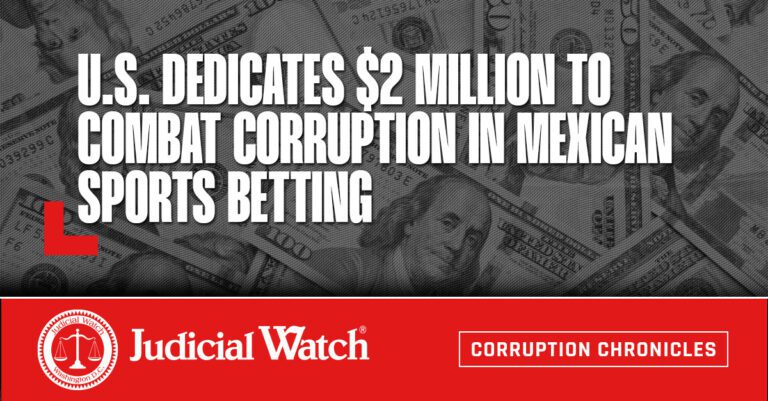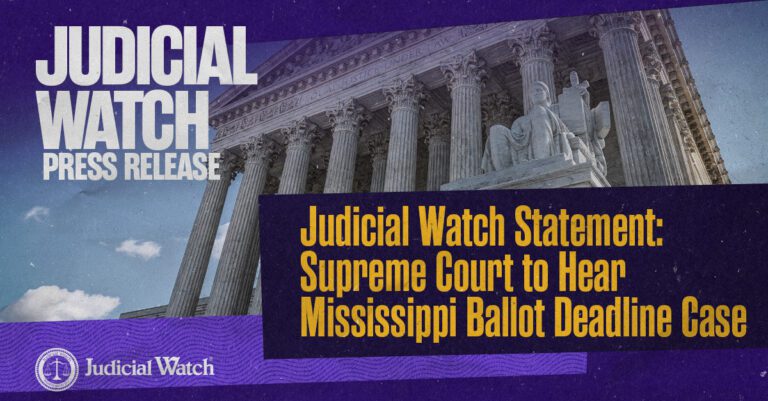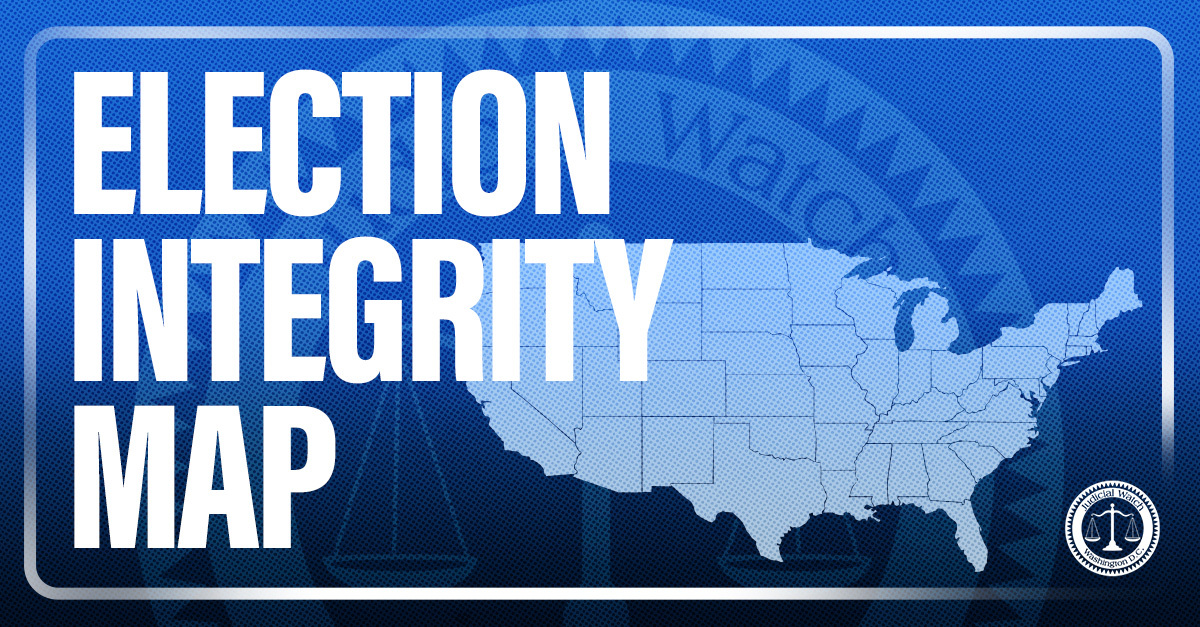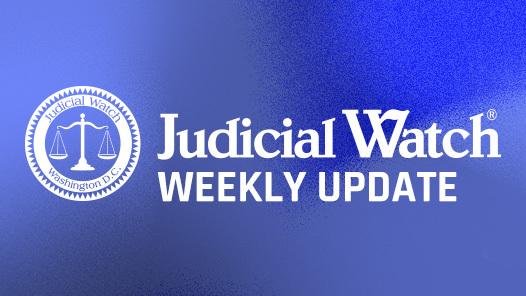
U.S. Dedicates $2 Million to Combat Corruption in Mexican Sports Betting

While Americans endure high inflation, soaring unemployment, and the enormous cost of an unprecedented illegal immigration crisis the Biden administration is dedicating $2 million to fight corruption in Mexican sports betting. That includes “crimes” such as match-fixing, betting and book making, illegal and legal gambling. The goal, according to a State Department grant announcement, is to disrupt the laundering of illicit proceeds by Transnational Criminal Organizations (TCO) while “undermining the integrity of sports at all levels.” Sports gambling is a vehicle of predatory betting, addiction, loansharking, and match-fixing, according to the agency’s Bureau of International Narcotics and Law Enforcement Affairs (INL), which is doling out the money to address the problem.
The U.S. government has long assessed that Mexican TCOs—drug cartels—are the greatest criminal threat to the country and that they are smuggling mass quantities of deadly illicit fentanyl into communities throughout the nation. Nine Mexican TCOs have the greatest drug trafficking impact on the U.S., according to the Drug Enforcement Administration (DEA). Among them are the Sinaloa and Juárez cartels, Los Zetas, La Familia Michoacána, Los Rojos and Guerreros Unidos. The TCOs maintain drug distribution cells in cities across the U.S. that report to leaders in Mexico and dominate the nation’s drug market. At a congressional Homeland Security hearing last year various federal sources in counterterrorism, intelligence and drug enforcement testified that Mexican TCOs have seized unprecedented control of the southwest border. This indicates that securing the border would seriously impact TCO’s prime revenue source—drug smuggling, not sports betting.
The State Department acknowledges this in its Bureau of International Narcotics and Law Enforcement Affairs Mexico Summary, which says Mexican TCOs pose grave threats to national security and exacerbate the U.S. drug epidemic by trafficking heroin, fentanyl and methamphetamine as well as cocaine from Colombia into the country. The criminal enterprises also profit from fuel theft, human smuggling, extortion and kidnapping, the agency writes, adding that to confront the threats there needs to be a reduction in drug cultivation and production as well as secure borders and ports and an increase in drug interdictions. “INL strengthens our shared security by providing training and equipment to Mexican agencies to disrupt the movement of weapons, cash, and drugs,” the State Department’s Mexico summary reads, adding that “INL assistance enhances U.S.-Mexican coordination against transnational threats.”
Sports betting does not appear in any of the government’s threat assessments of Mexican TCOs, yet American taxpayers will fork over $2 million for this questionable project that aims to round up analysts, investigators, and prosecutors from state and federal units in Mexico’s notoriously corrupt government to investigate and prosecute financial crimes and corruption related to sports. “This can include, but is not limited to transnational sports corruption investigations, evidence collection and evaluation, bet monitoring and analysis, match fixing, theft of funds, embezzlement, etc.,” the grant announcement says. The U.S. will also fund the creation of a public media messaging campaign regarding corruption in sports and illegal sports betting, gambling and match fixing as well as a means to report the crimes to relevant authorities in the impoverished Latin American nation. “Major sporting events, including but not limited to, the 2026 FIFA World Cup which will be jointly hosted by the U.S., Mexico and Canada, will likely be exploited by TCOs to further their illicit gains,” the State Department writes in an apparent effort to justify its allocation. “Law enforcement in Mexico need robust, rigorous and independent training on how to combat corruption within sports and legal/illegal sports gambling markets.”
It is worth noting that American and Mexican nonprofits and educational institutions that apply for a piece of the grant cash must include a gender, equity and inclusion analysis that addresses the ways in which women, gender diverse persons and members of other marginalized and underrepresented groups might be affected by the work. That includes a consideration of their safe and meaningful participation. Finally, to strengthen the chances of receiving the award to fight corruption in Mexican sports betting, nonprofits are directed to describe how they will minimize inequities.

















